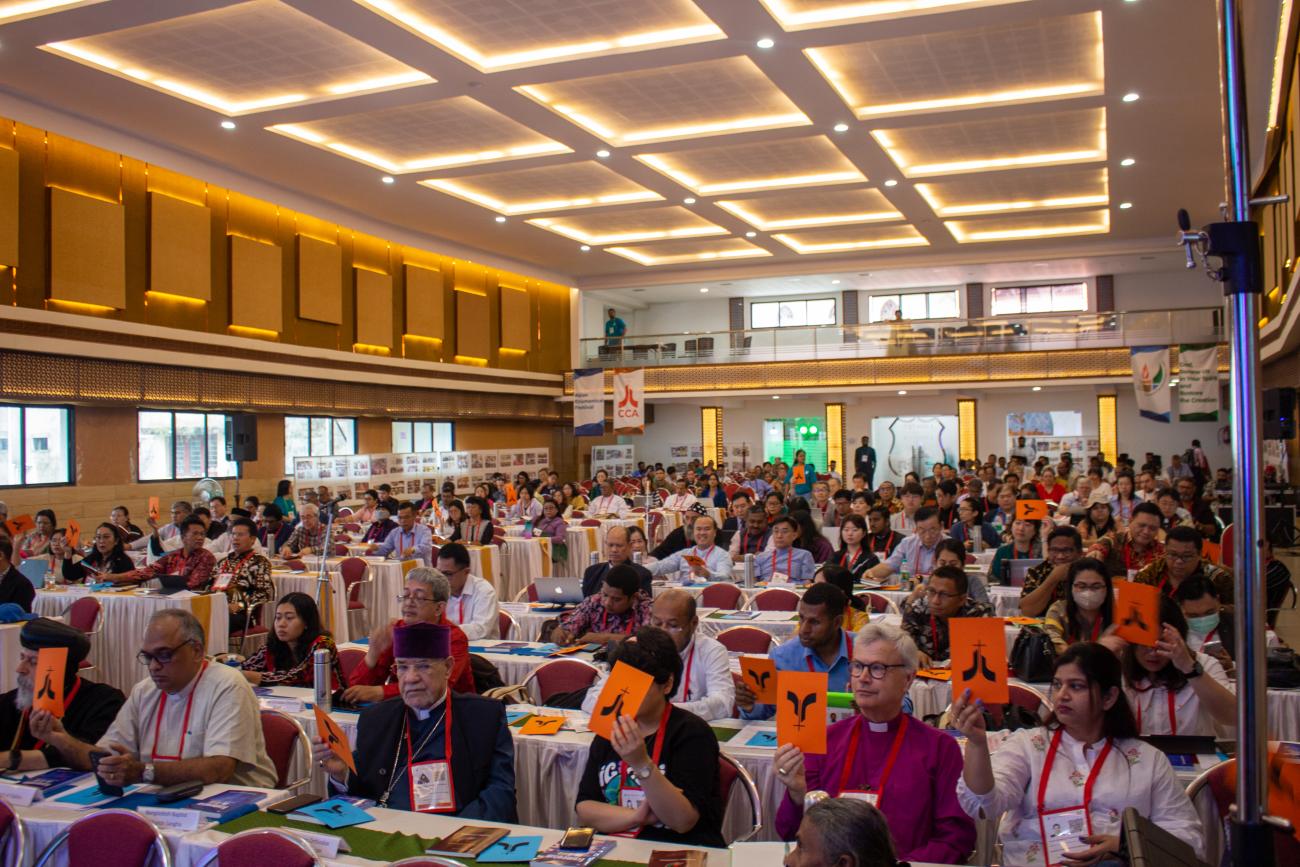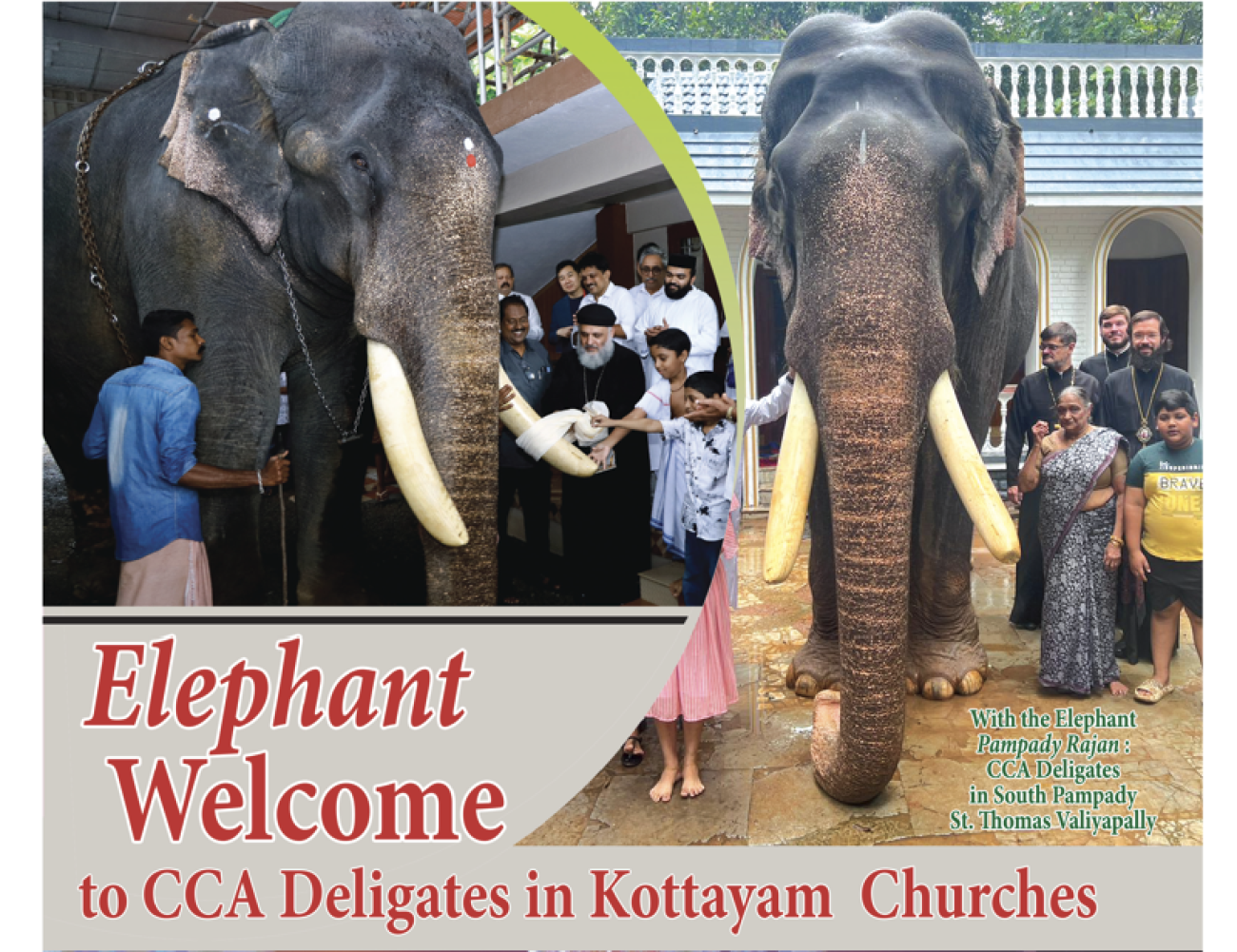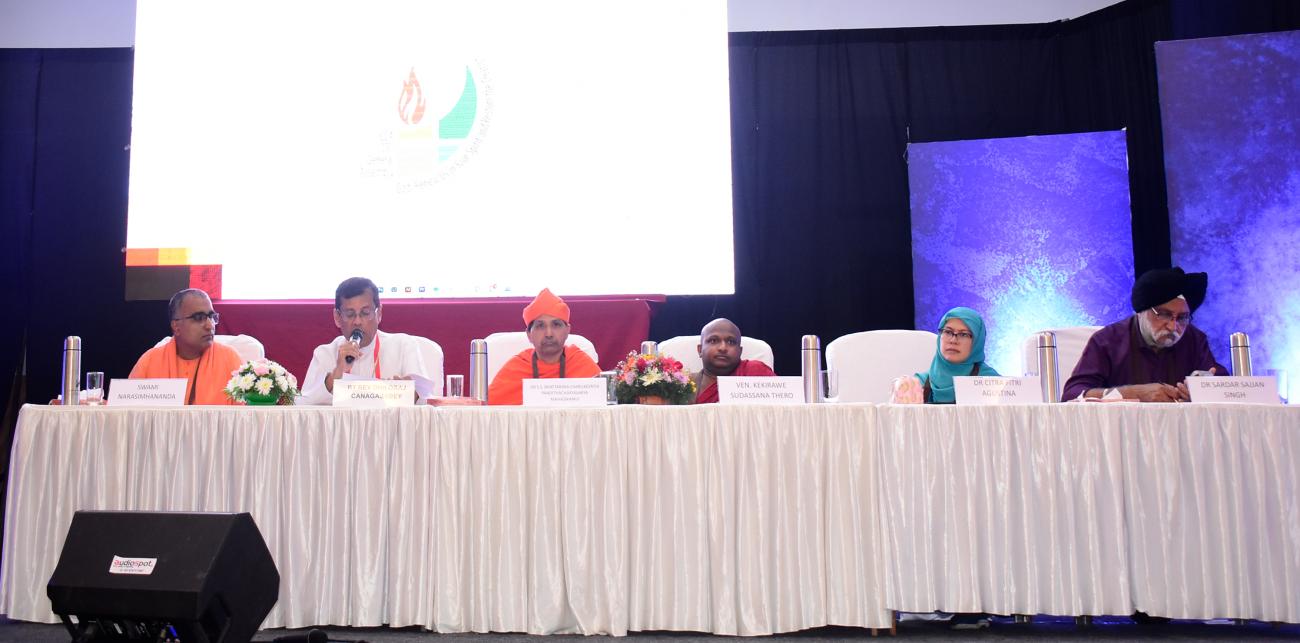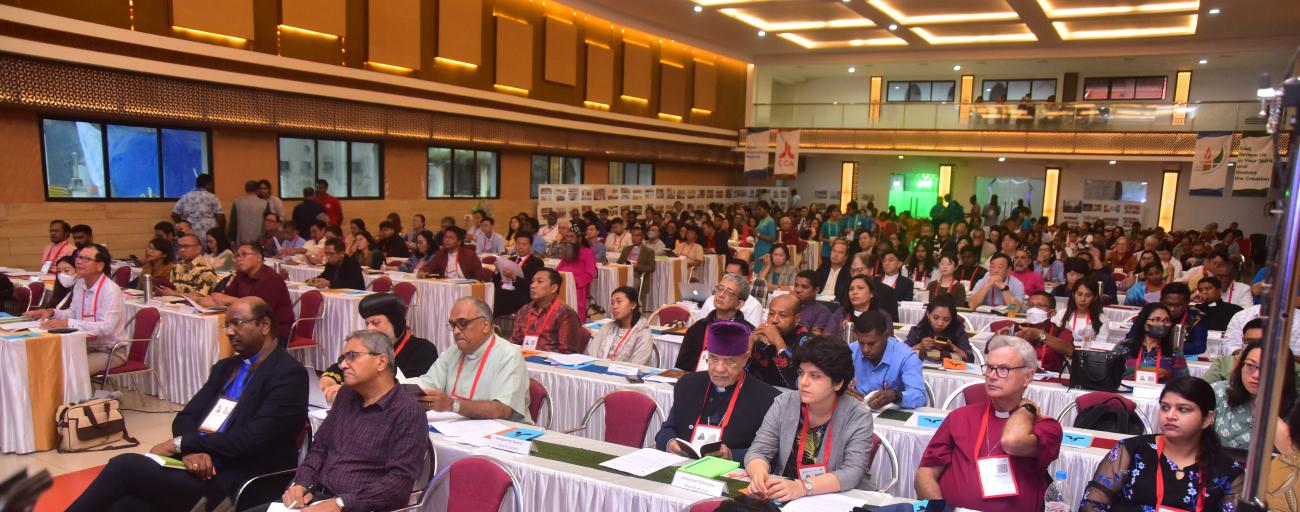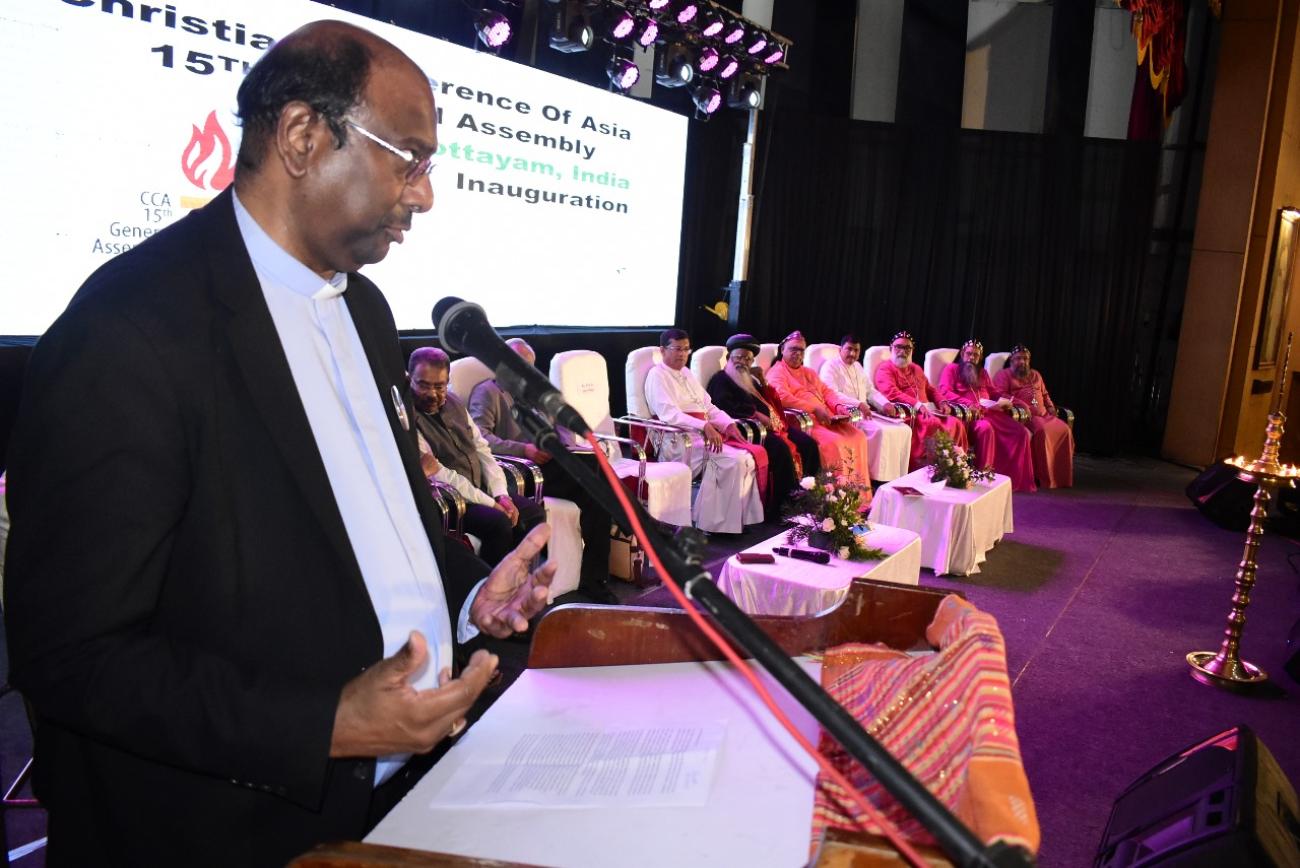Celebrating International Women's Day

Renewing our Pledge to Promote Gender Justice and
Overcome Violence against Women in Asia'
Overcome Violence against Women in Asia'
Dear Fellow-pilgrims of Peace,
Greetings from Christian Conference of Asia.
As you know on 8th March we commemorate International Women's Day (IWD). The celebration started as a political event to claim the rights and dignity of women. Though the political and human rights theme as designated by the United Nations runs strong and political and social awareness of the struggles of women worldwide are however in the present context many times our celebrations end up in the form of tokenism. The consumerist capitalist culture in neocolonized Asia IWD celebration has often lost its human rights flavor of promoting gender justice in order to build communities of peace.
Asian Churches have a very crucial role uphold the real essence of IWD and educate the congregation to reflect their 'faith into action' to promote gender justice. This is crucial because gender violence through present in every country of the world but in some conservative societies of Asia, it has not even been considered an issue until recently and remains a taboo subject for public discussion. Kofi Annan, former Secretary General of the United Nations rightly claims: "Violence against women is perhaps the most shameful human rights violation. It knows no boundaries of geography, culture or wealth. As long as it continues, we cannot claim to be making real progress towards equality, development and peace."
Many times Asian Churches also needs confess that:
-
It remained silent about violence against women in society, domestic violence within families of congregational members and abuse and discrimination within Church.
-
Secluding women in decision making process of Church.
-
Mistaken gender justice as agenda of women only and not educating both men and women together for partnership of equals.
IWD is an important day for the Asian Churches to renew their commitment and pledge to promote
-
Re-affirm and strengthen commitment to gender justice and full participation of women in Church and society.
-
Acknowledge and recognize the achievements of women especially the contributions of the grassroots women to society.
-
Engage in education and action to end all forms of violence against women and children in Church and society.
-
Continue to encourage resistance to all forces of globalization that disintegrate the dignity of women, children, people of vulnerable communities and the Mother Earth.
-
Engage in healing and reconciliation ministry by guaranteeing support to women victims of abuse and violence especially in situations of conflict and war.
Asian Churches have tremendous potential to be salt and leaven so that every one can have life to its fullness. Therefore brothers and sisters on the IWD we urge Asian Churches to practice genuine solidarity with women to be embodiment of our faith in Jesus Christ who showed us the way to build communities of peace.
Shalom
Dr Prawate Khid-arn
General Secretary- CCA.
Dr Prawate Khid-arn
General Secretary- CCA.


